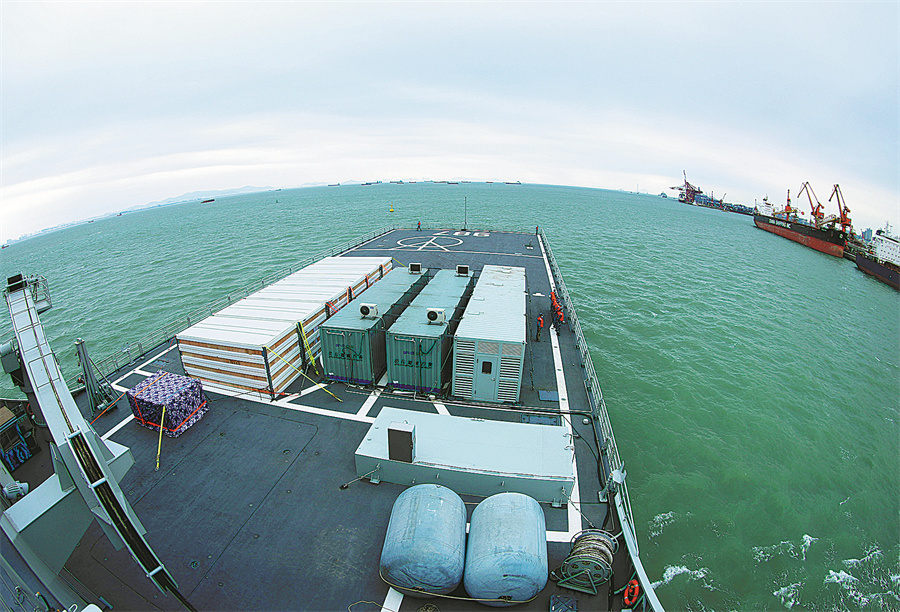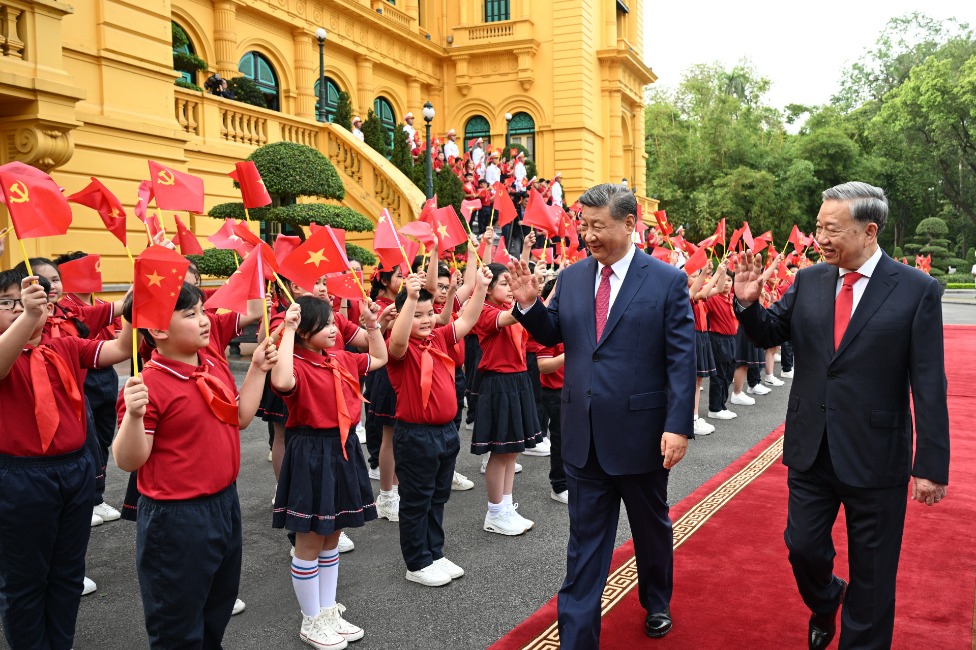China, Pacific island nations foster regional peace and stability


"But any research into the issue is welcome, and it appears that China has reacted to the problems and recognized some of the issues, while more regionalized countries such as New Zealand and Australia, and to some extent the United Kingdom, have not been paying enough attention," he said.
"That has created alarm within their governments, who see the Chinese as potentially interfering and intrusive. A better plan may be to involve everyone in a round table format and work out a collective approach to allay these concerns and pool resources.
"If that is done and definitive action is agreed, then such communal understanding can be promoted and used to assist other island nations facing similar problems."
John Moffat Fugui, the Solomon Islands ambassador to China, who attended the center's opening ceremony with envoys from other Pacific island nations, said he hoped the center would produce tangible results for learning and also share experiences and information on poverty alleviation between China and its Pacific island partners.
"Such experiences could help these countries boost their economies and their peoples' well-being, especially as they grapple with challenges associated with climate change, rising poverty and unemployment, and the social and economic impacts of COVID-19," he said.
Chen Xiaochen, executive deputy director of the Centre for Asia Pacific Studies at East China Normal University in Shanghai, said the Nanping center's launch shows that China is honoring commitments it made during a foreign ministers' meeting in October.
On Oct 21, China and the Pacific island countries with which it has diplomatic relations held their first foreign ministers' meeting via video link.























